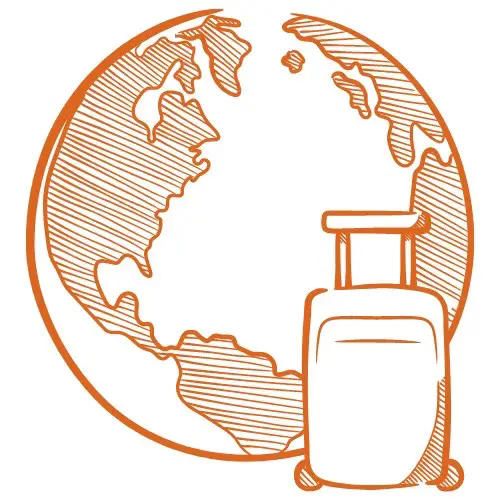Traveling alone for the first time can be an exciting and daunting experience. But with the right preparation, mindset, and tips, you can make the most of your solo trip and create lasting memories!
In this article, we will share 11 tips for traveling alone for the first time to help you feel more confident and comfortable on your journey.
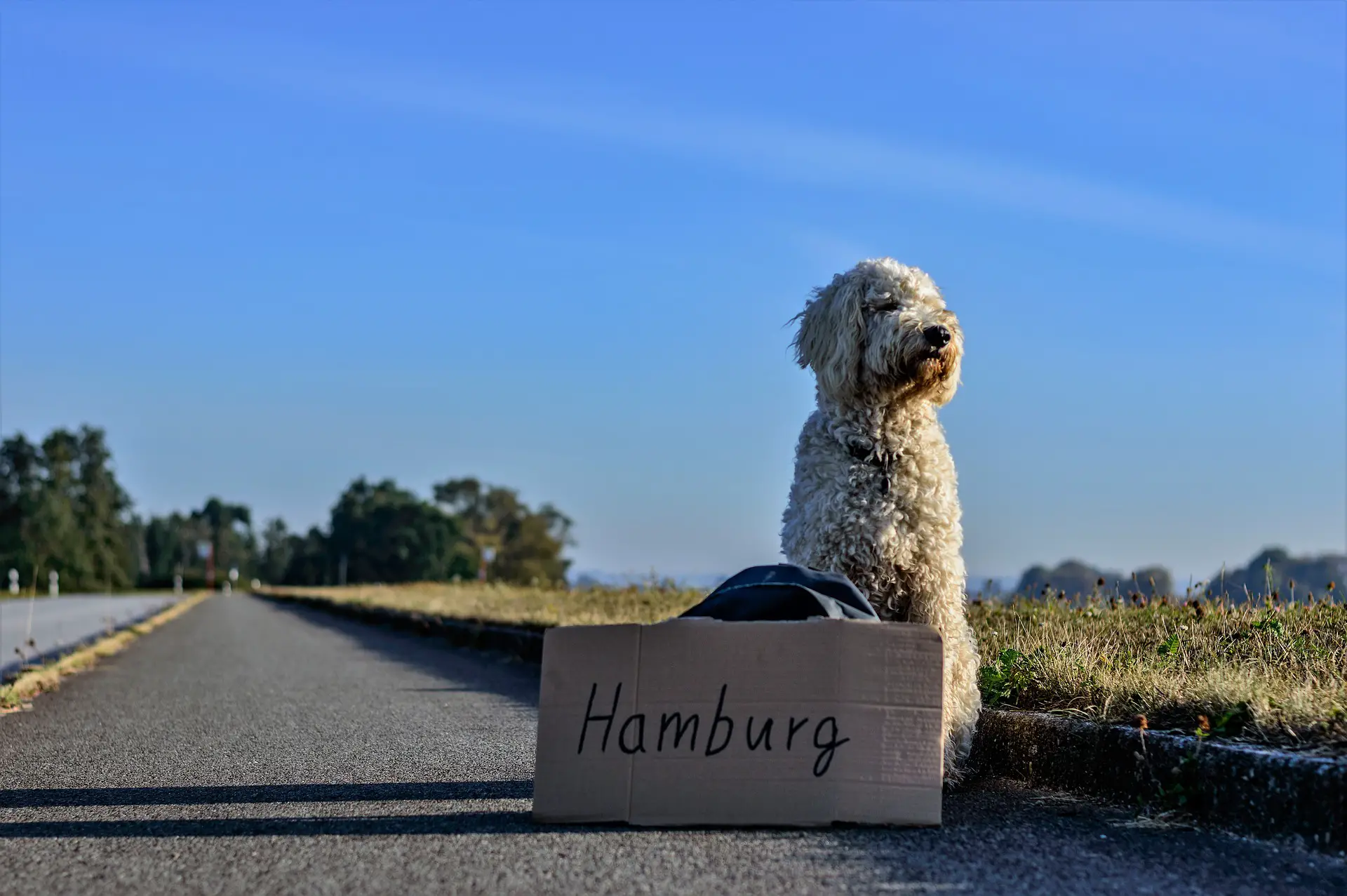
1. Plan ahead
When researching your destination, consider things like safety, weather, and the local culture. Look up popular tourist spots, as well as lesser-known places that you might not find in guidebooks. This will help you create a more well-rounded and personalized itinerary.
When it comes to booking accommodations and transportation, shop around for the best deals. Websites like Booking.com and Expedia make it easy to compare prices and read reviews from other travelers. It’s also worth considering alternative options like hostels or vacation rentals, which can be more budget-friendly than hotels.
In terms of transportation, consider all your options, including public transportation, renting a car, or taking a train or bus. It’s also worth looking into any discount passes or packages that might be available.
Lastly, make a rough itinerary so that you have a general plan for your trip. This will help you make the most of your time and ensure that you don’t miss out on any must-see sights or experiences.
2. Stay connected
One of the best ways to stay connected while traveling alone is to use social media or messaging apps to keep in touch with your loved ones. This way, they can follow your journey and you can share your experiences with them in real-time.
Another option is to use a global SIM card, which will allow you to make calls and send texts without incurring international roaming charges. This is especially useful if you’re traveling to a country where the local mobile networks are unreliable or expensive.
It’s also important to let someone know your itinerary and check in with them regularly. This way, they will know where you are and how to reach you in case of an emergency.
3. Research the culture
When researching the culture of your destination, look into things like the local customs, etiquette, and religious beliefs. This will help you understand the local people better and will give you an idea of what to expect during your trip.
For example, if you’re traveling to a Muslim country, be aware of the dress code and to respect the local customs, such as not eating in public during Ramadan.
Another important aspect of researching the culture is to understand the local currency, how to pay for things, and what is considered rude or polite behavior. This will help you navigate the local marketplaces, restaurants, and other public places with more confidence.
4. Learn some basic phrases
Before you set off on your trip, it’s worth taking some time to learn a few basic phrases in the local language. This could include simple greetings, common phrases for ordering food or asking for directions, and numbers.
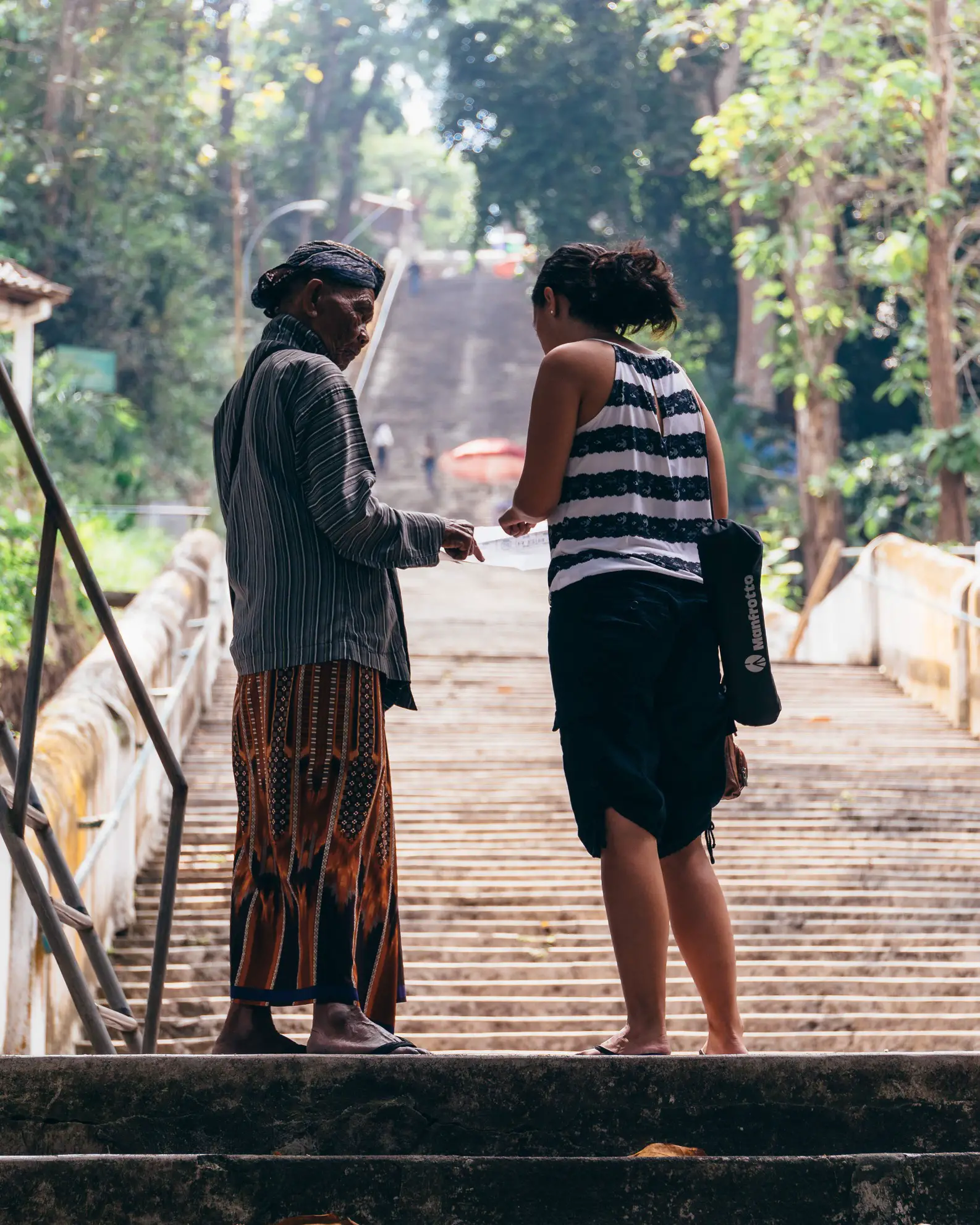
You can learn the basic phrases in many ways, such as by using a language learning app like Duolingo, or by picking up a phrasebook or dictionary. It’s also helpful to practice with native speakers or friends who speak the language.
Learning some basic phrases will help you communicate with locals and make your trip more enjoyable. It also shows that you respect the local culture and appreciate the effort of the locals in communicating with you.
5. Be open to new experiences
Traveling alone for the first time is an opportunity to step out of your comfort zone and try new things. Be open to new experiences and don’t be afraid to say yes to things that interest you.
When traveling alone for the first time, it’s important to be open to new experiences. This means not being afraid to try new foods, visit unfamiliar places, or engage in activities that you might not normally do.
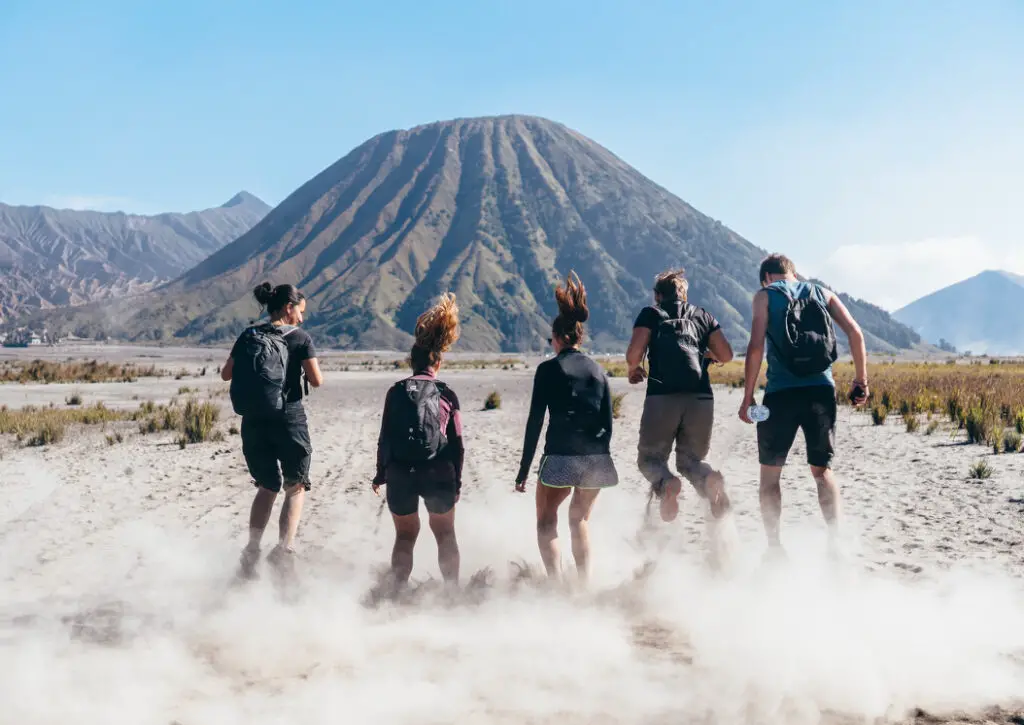
For example, if you come across a street performer or a local festival, don’t be afraid to stop and watch or participate. It’s also a good idea to talk to locals and ask them for recommendations on things to do or see in the area.
Here’s one of the main advantages of traveling alone: it gives you the freedom to change your plans on a whim!
So, don’t be afraid to take a detour or stay an extra day somewhere if you’re having a good time.
6. Take care of your belongings
When traveling alone, one of the most important things is being especially careful of your belongings. This means keeping your passport, money, and other valuables in a safe place, such as a money belt or hidden pouch.
It’s also a good idea to make copies of your passport and other important documents and to leave them with a trusted friend or family member. This way, if your documents are lost or stolen, you’ll have a backup.
When out and about, it’s also important to be aware of your surroundings and to avoid leaving your belongings unattended. If possible, avoid carrying around unnecessary valuables and only bring what you need for the day.
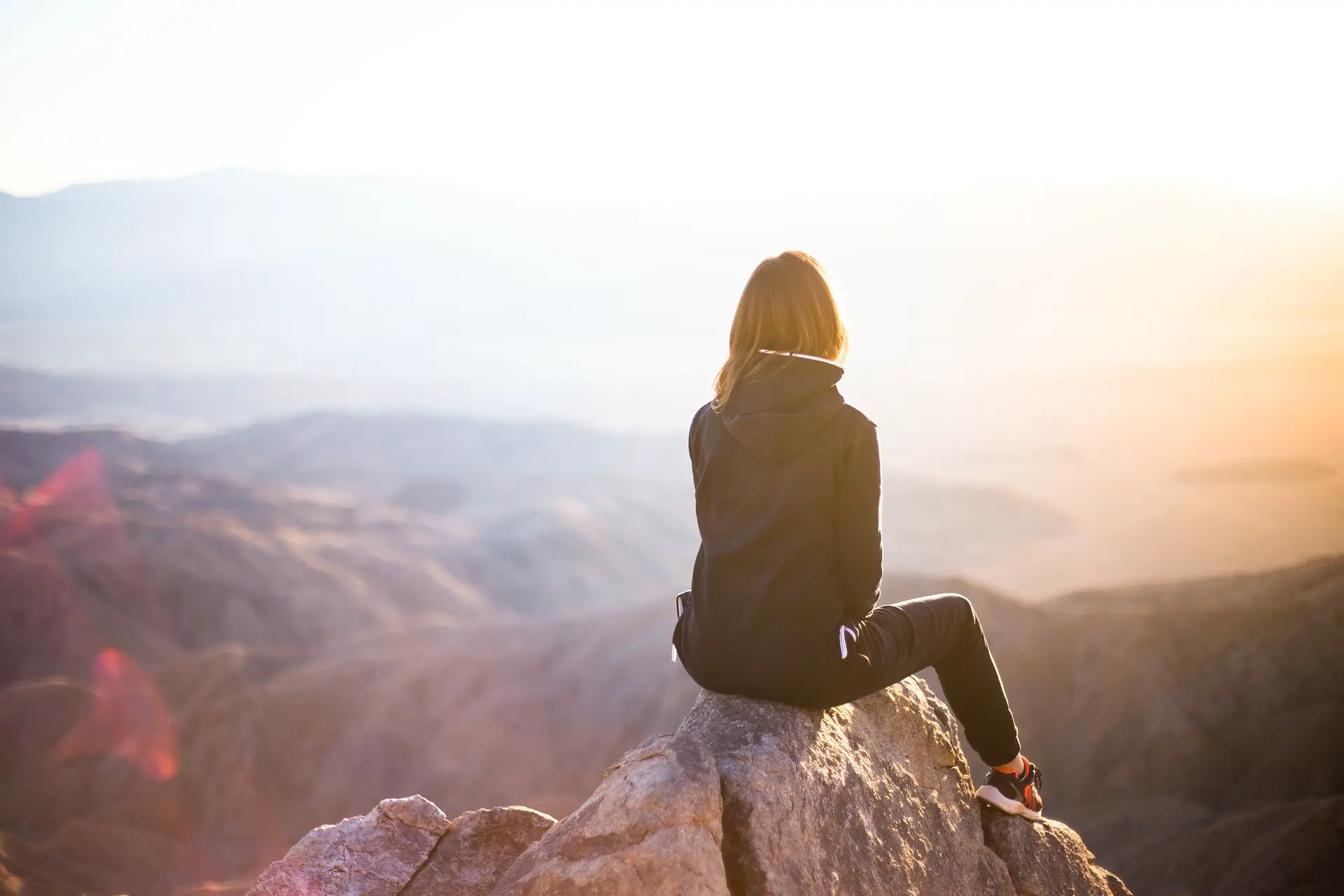
7. Be aware of your surroundings
When traveling alone, be aware of your surroundings at all times. This means keeping an eye on your belongings, being mindful of the people around you, and being cautious in unfamiliar areas.
It’s also important to trust your instincts. If something or someone makes you feel uneasy, it’s best to avoid it. This could mean taking a different route, leaving a crowded area, or not accepting an offer from a stranger.
It’s also a good idea to familiarize yourself with the emergency services in your destination and know the location of the nearest embassy or consulate.
8. Have a backup plan
When traveling alone, it’s important to have a backup plan in case of emergencies. This could include having a local contact that you can reach out to in case of an emergency, or knowing the location of the nearest embassy or consulate.
It’s also important to have a plan for what to do in case of a medical emergency or if you lose your passport or other important documents. This could include having travel insurance, carrying a copy of your passport, or knowing the emergency phone number for your destination.
It’s also a good idea to keep important contact information, such as the phone number of your hotel or hostel, saved in your phone or written down somewhere safe.
9. Embrace the solitude
Traveling alone can be a great opportunity to take a step back from the busyness of daily life and focus on yourself. Use this time to reflect on your life, set goals, and get to know yourself better.
It’s also a good idea to take some time each day to journal or meditate. This will help you process your experiences and give you a chance to reflect on what you’ve learned during your solo trip.
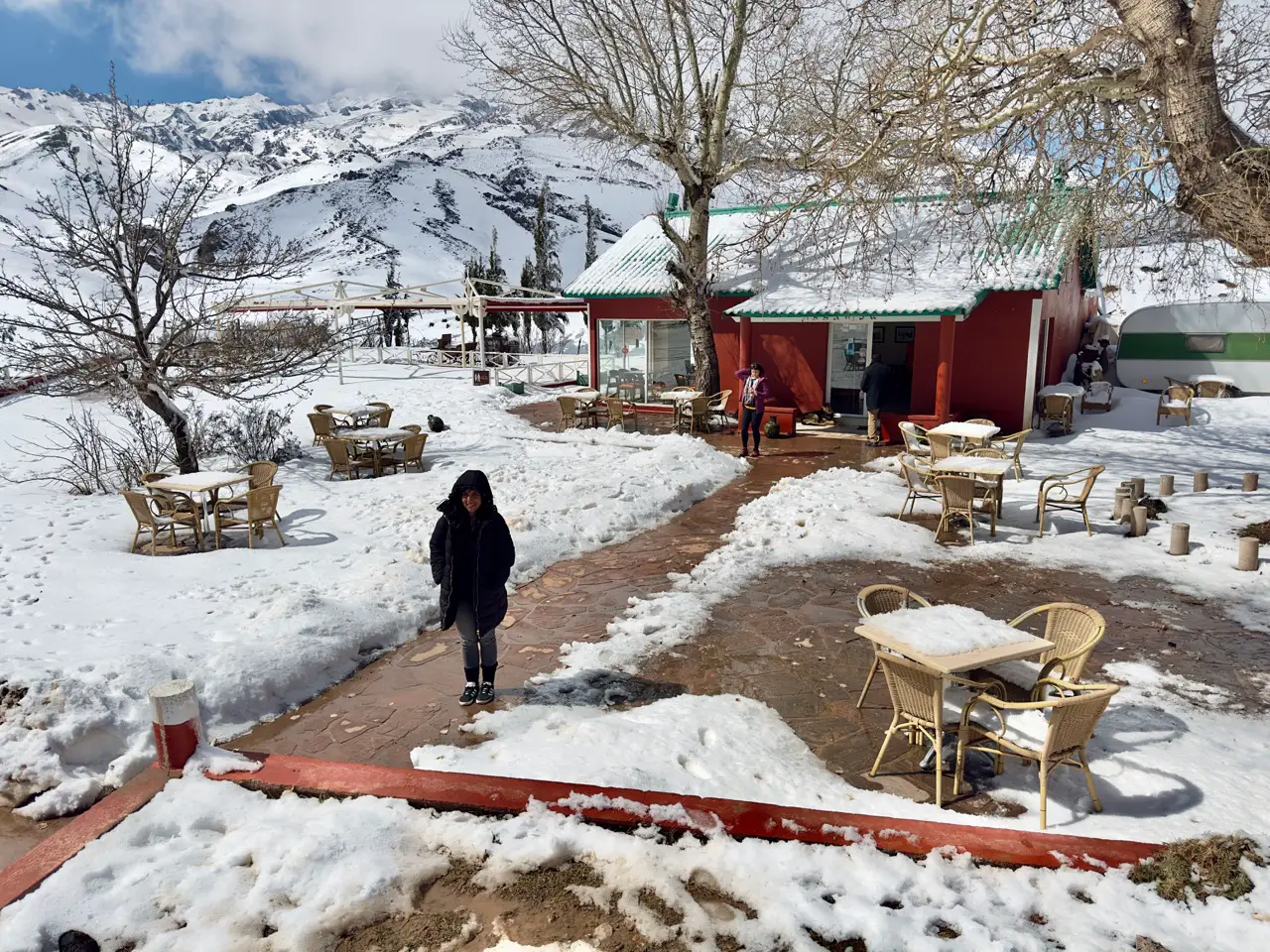
10. Meet new people
Meeting new people is one of the best parts of traveling. It can help you learn more about the local culture, make new friends, and have a more enjoyable trip.
One way to meet new people is to join a tour or take a class. This could include a cooking class, a language class, or a guided tour of a local attraction.
You can also meet new people by staying in a hostel or joining a travel group. Hostels often have common areas where travelers can meet and socialize, and travel groups can be a great way to meet like-minded people who share your love of travel.
Another way to meet new people is to simply strike up a conversation with someone. This could be someone sitting next to you on a train or bus, someone in a park, or someone you meet in a hostel or hotel.
11. Have fun
Most importantly, have fun! Traveling alone for the first time can be a unique and rewarding experience, so make the most of it and enjoy every moment.
Take lots of photos, try new foods, and make memories that will last a lifetime. Remember that traveling alone gives you the freedom to do what you want, when you want, so make the most of it and enjoy every second.
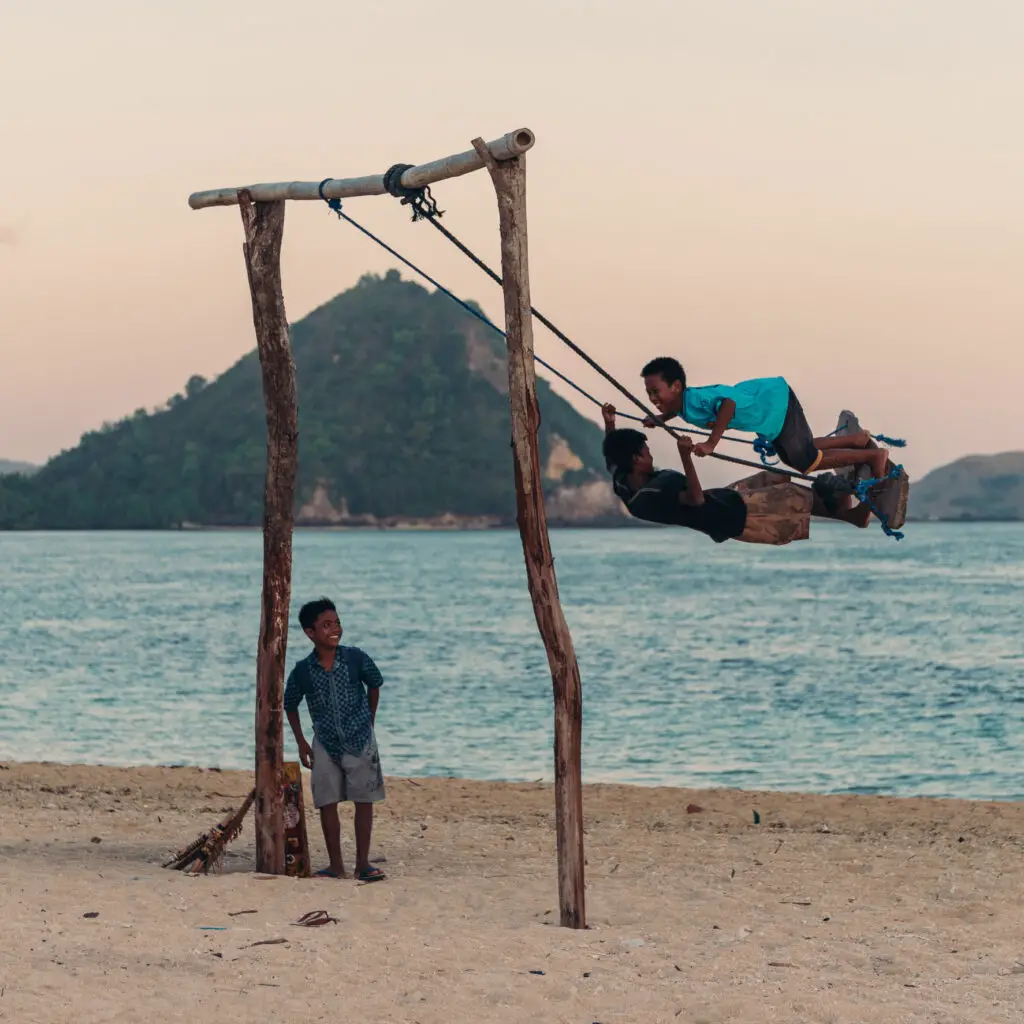
Common Questions Around Traveling Alone for the First Time!
How do I plan for a solo trip?
Planning for a solo trip involves researching your destination, booking accommodations and transportation, and making a rough itinerary. It’s also important to consider your budget and any necessary travel documents.
What are some safety tips for traveling alone?
Some safety tips for traveling alone include staying connected with family and friends, being aware of your surroundings, and having a backup plan in case of emergencies. It’s also important to keep your belongings safe and trust your instincts.
How do I meet new people while traveling alone?
Meeting new people while traveling alone can be done by joining a tour, taking a class, or striking up a conversation with someone. You can also stay in a hostel or join a travel group.
What should I do if I feel homesick while traveling alone?
If you feel homesick while traveling alone, try to stay connected with your loved ones through phone calls or messages. You can also try to immerse yourself in the local culture, meet new people, and focus on the exciting experiences you are having. It’s also important to remember that feeling homesick is normal and it will pass.

Can I travel alone as a woman?
Yes, it is safe for women to travel alone! However, take the same safety precautions as you would if traveling with a group. Research your destination, stay aware of your surroundings, and trust your instincts.
How can I handle culture shock while traveling alone?
Handling culture shock while traveling alone involves being open to new experiences, researching the culture of your destination, and being patient with yourself. It’s also important to remember that culture shock is normal and it will pass.
How can I budget for a solo trip?
Budgeting for a solo trip involves researching the cost of accommodations, transportation, and activities in your destination. It’s also important to consider the cost of food, souvenirs, and any necessary travel documents. It’s helpful to make a budget plan and stick to it as much as possible.
How can I stay comfortable while traveling alone?
Staying comfortable while traveling alone involves being prepared with the necessary clothing, toiletries, and medications. It also means being open to trying new things, being patient, and being flexible with your plans.
Is it safe to travel alone as a senior citizen?
Yes, it is safe for senior citizens to travel alone. However, consider any specific needs or concerns, such as mobility or health issues, and to take the necessary precautions.
What should I do if I lose my passport while traveling alone?
If you lose your passport while traveling alone, contact the nearest embassy or consulate as soon as possible. In the meantime, make sure to have a photocopy of your passport and any other important documents in a safe place.
How can I find activities to do while traveling alone?
Finding activities to do while traveling alone can be done by researching popular tourist spots, asking locals for recommendations, or checking out local events or festivals. You can also join a tour or take a class to meet new people and try new things.
